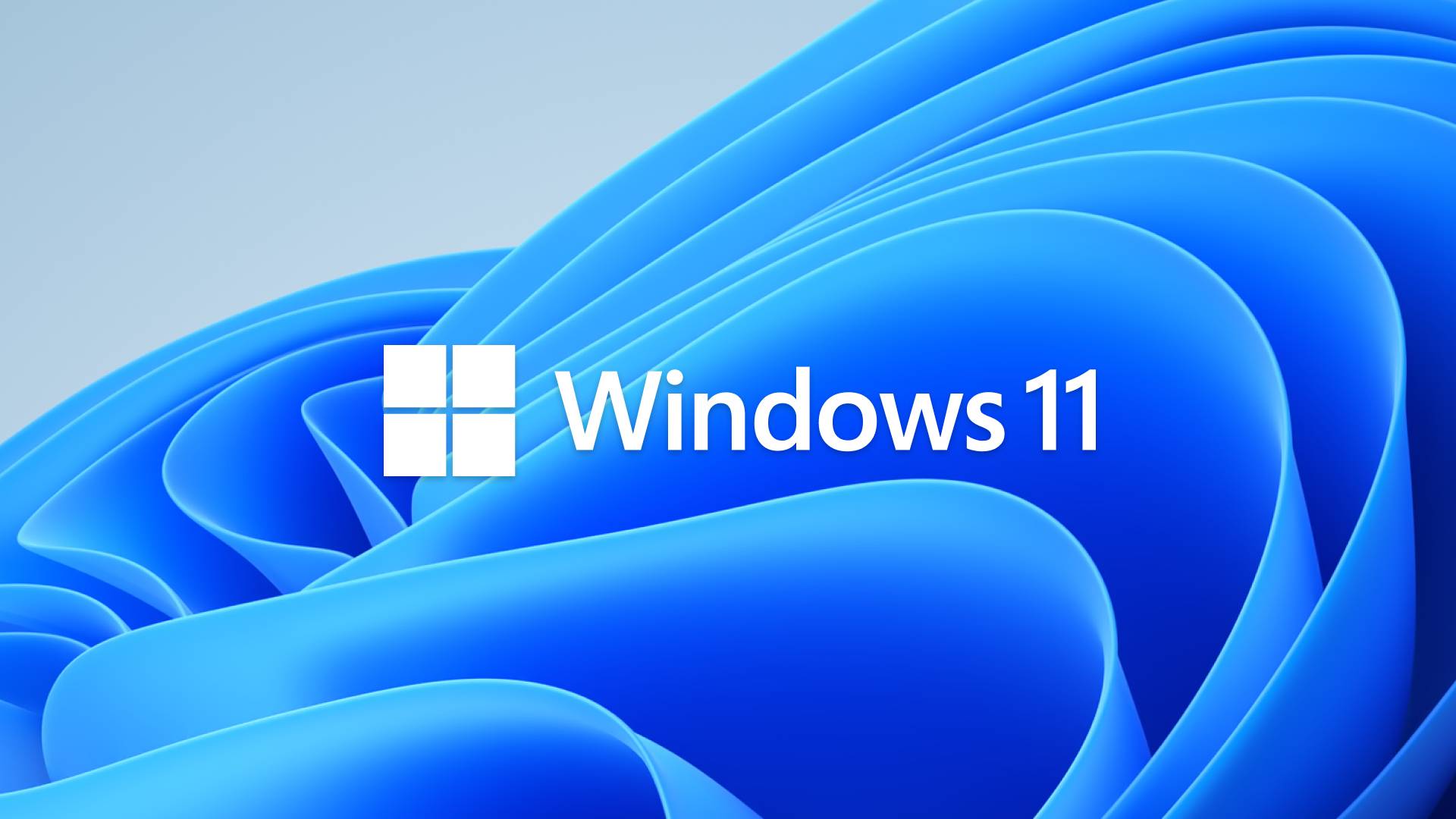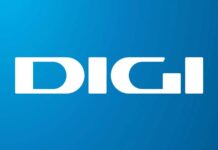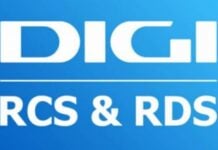Microsoft has taken an increasingly aggressive approach to promoting its services, particularly Bing and Edge, among Windows 11 users. Recently, the company resumed injecting pop-ups into the Google Chrome browser, a tactic that has sparked controversy and controversies in the digital community. These pop-ups aren't new to Windows 11 users, with Microsoft initially introducing them last year with an approach that raised questions among the online community comparing them to methods used by malware.
Windows 11 is already seeing the reappearance of these new pop-ups promoting Bing AI and the Bing search engine, inviting them to make it the default search engine in Chrome. Clicking on this request opens the door to Bing, but also to an internal dialogue about integrity and respect for user preferences.
Microsoft has confirmed the authenticity of these notifications, describing them as a unique opportunity for users to choose Bing as their default search engine. Caitlin Roulston, director of communications at Microsoft, outlines the advantages of this change, including benefits in using Copilot. However, this approach raises questions about users' freedom of choice and the methods by which these options are presented to them.
On Microsoft, if they really value the user's right to choose, they could provide a simple and transparent method to permanently refuse these pop-ups. Without such an option, the company's strategy seems more like an attempt to force the user's hand than a voluntary offer.
Microsoft CRITICIZED after an Unusual Decision in Windows 11, which Annoys the World
Microsoft has in the past used various methods to promote its services, from pop-ups in Chrome, to notifications in the Windows 11 taskbar, and even forcing users to use Edge after updates. Also, earlier this year, the company had to fix an issue with Chrome automatically importing data into Edge without user consent.
This revamp of the pop-up promotion strategy only reinforces the community's desire for a more respectful and ethical approach from the software giant. In a digital age where privacy and control over one's own data are increasingly valued, aggressive marketing strategies can have the opposite effect, distancing users from the advertised services.
Microsoft, with a long history of innovation and technology, could benefit more from an approach that respects the choice and preferences of its users. Instead of pop-ups and aggressive marketing tactics, the company could explore friendlier and more transparent alternatives that not only respect but also value the individual decisions and preferences of each Windows user.
Microsoft's strategy to promote Bing and Edge through pop-ups in Chrome on Windows 11 is opening an important dialogue about the balance between marketing and ethics in the digital age. As technology advances, so must the methods of interaction with users, putting respect for individual choice at the heart of any promotion strategy.

















